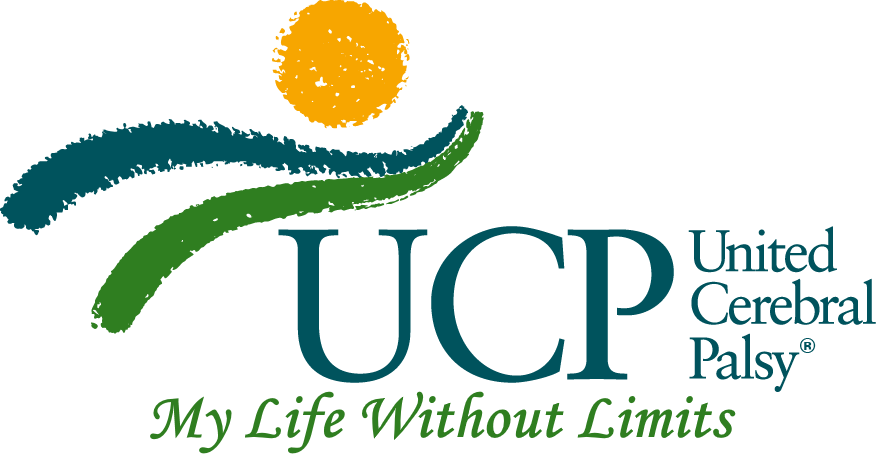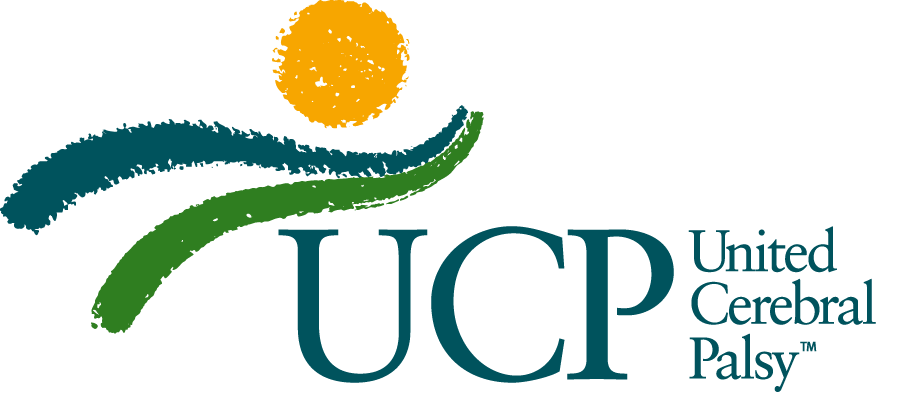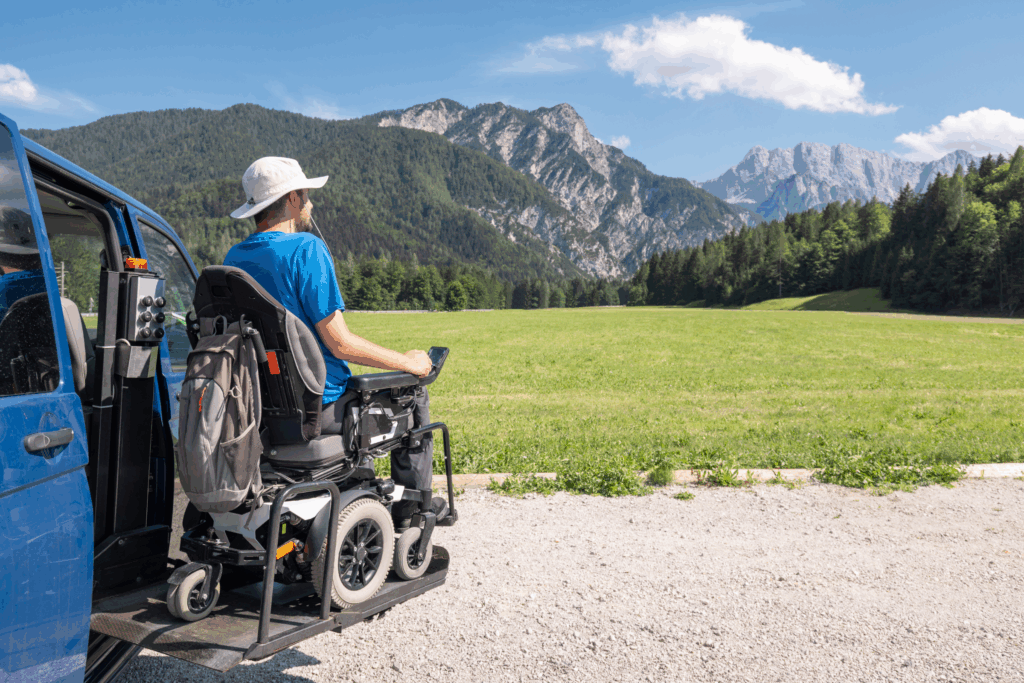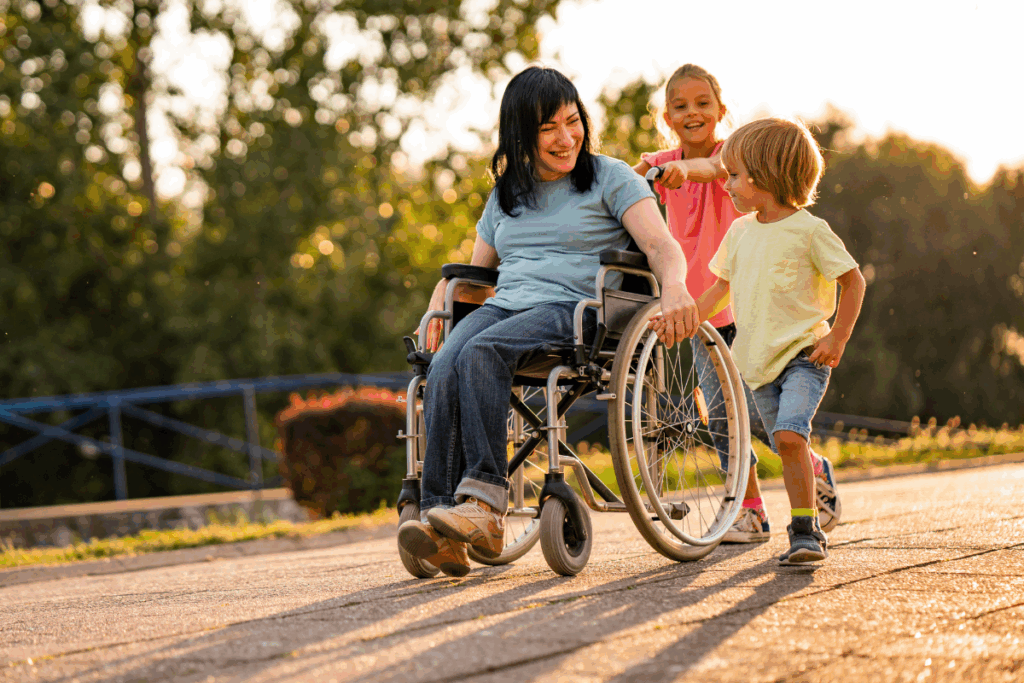By Danielle Shealy
Looking back on my own experience as someone with cerebral palsy (CP), I can say that I struggled with anxiety my whole life. Partly because I never wanted to seem like a burden to those who helped me in my day-to-day life, while also not wanting to make a situation or environment uncomfortable because I needed a particular adaptation. But as I’ve gotten older, I’ve come to understand that my condition isn’t a burden — and that asking for accommodations is not only okay, it’s necessary. It’s time we open up conversations around mental health and CP, especially for youth and adults navigating both.
The Connection Between Disability and Depression
The connection between disability and depression in youth with CP is strikingly high. Research shows that children with cerebral palsy are up to five times more likely to experience depression than their nondisabled peers. But these struggles often don’t stem from academic challenges. Instead, they are triggered by social discomfort, like being publicly singled out for accommodations.
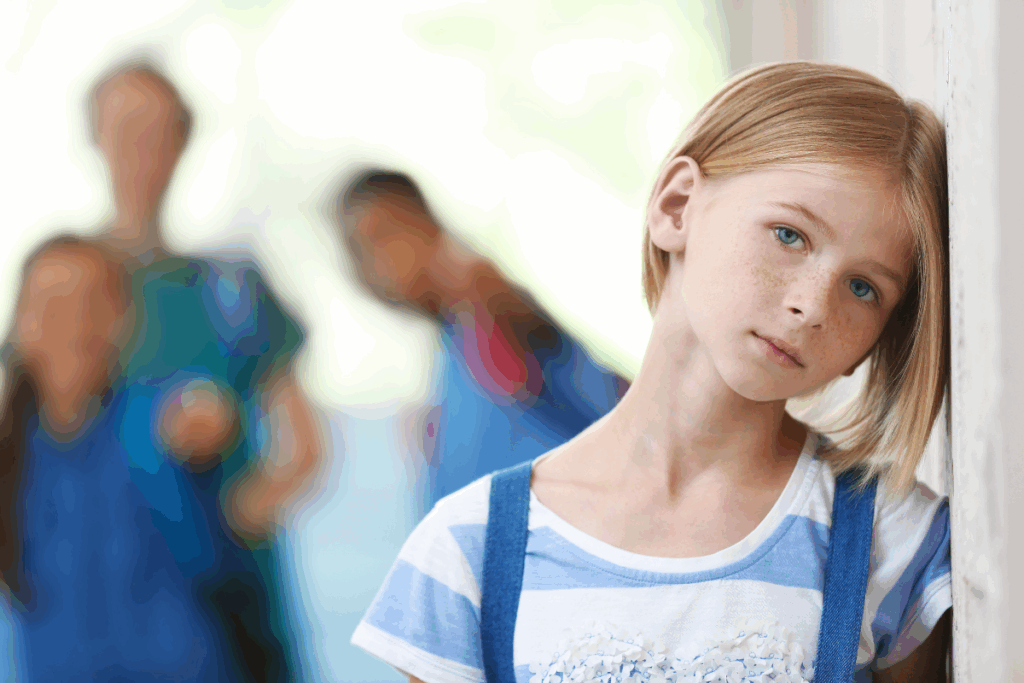
I can definitely say that this would have been true for me growing up. I always felt like I could keep up in any subject in school. However, where my anxious/depressive episodes would pop up is when the teacher or professor made a bigger spectacle about accommodating me in front of a group of students, or the whole class. While I appreciate being accommodated in whatever I needed, those conversations could have happened privately, with far less emotional weight. The takeaway? Social inclusion and emotional sensitivity are crucial parts of mental health for individuals with disabilities.
Mental Health Challenges in Adulthood
If conditions like depression and anxiety are not treated in the early stages of life, there is a high probability that they will manifest even stronger in adulthood. When you’re an adult, these mental health issues can manifest themselves in much the same way as they did when you were a child; however, there are some instances in which they can develop differently. This article mentions a few possible causes, such as increased pain, functional limitations, and poor sleep, just to name a few.
Although depression and anxiety can be debilitating, there are still some possible suggestions that might be helpful for you or your loved one who has cerebral palsy.
Resources That Make a Difference
Nonprofit organizations like United Cerebral Palsy (UCP) offer a wide range of programs and services designed to support individuals with disabilities and their families, especially when facing the emotional challenges that can lead to depression. If you’re looking for help, UCP’s Affiliate page can connect you to local organizations nationwide. UCP affiliates often offer specialized resources, support groups, and counseling services you might not have known were available, making it easier to find the help you need when you need it most.
Staying Active, Staying Connected
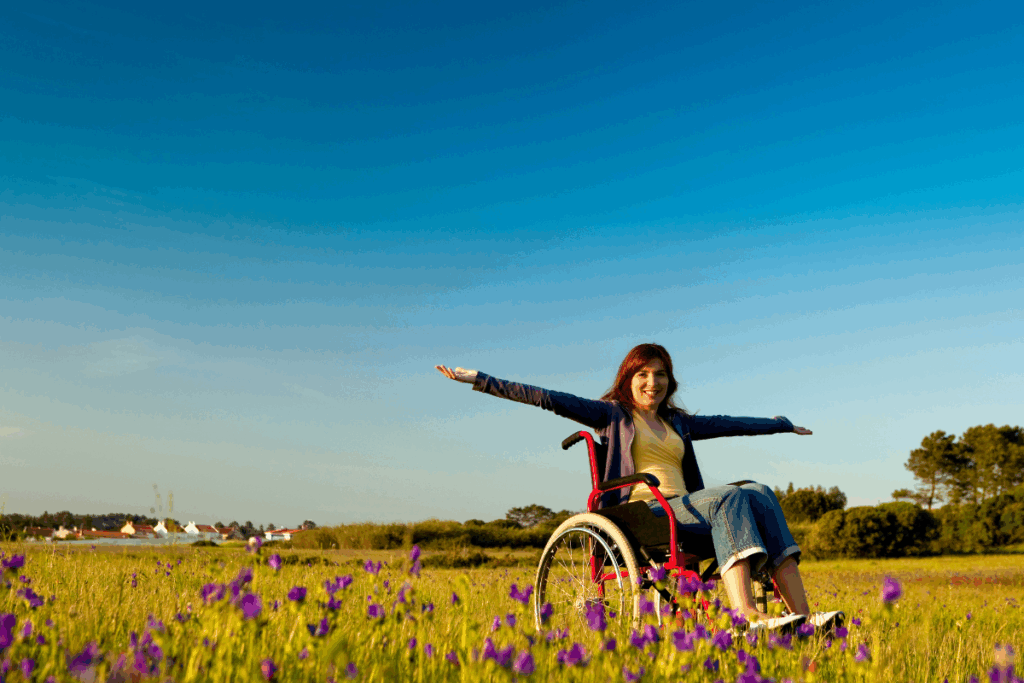
In addition to connecting with nonprofit organizations for support, finding ways to stay active can be a powerful tool in managing the emotional impact of living with a disability. While getting outside and participating in activities can be challenging, especially in rural areas, organizations like UCP and Move United make it more accessible.
UCP affiliates offer inclusive programs like day camps, community gardens, and recreational activities that foster social connection and emotional well-being. These opportunities encourage physical activity and help build a sense of community, purpose, and joy.
You’re Not Alone
Living with cerebral palsy and depression can feel overwhelming, but you don’t have to go through it alone. UCP and similar organizations are here to support you with professionals, peer groups, and resources that can help you manage both the physical and emotional aspects of your condition, so don’t be afraid to reach out.
About the Author
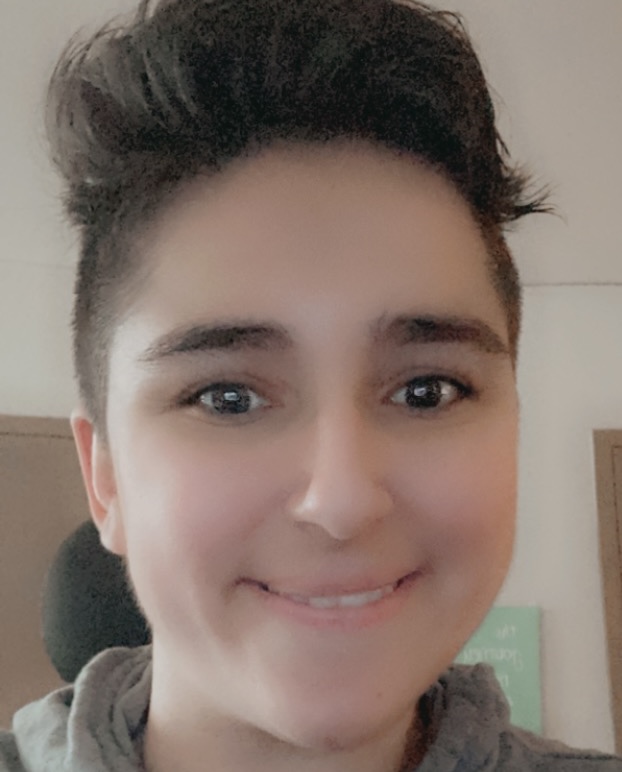
As a new volunteer with UCP, Danielle Shealy is excited to put her lived experience and creative voice to good use for her community. With a background in strategic communications and a double minor in digital media production and public relations, branding and imaging, she is excited to shine an even brighter light on her community. As someone with cerebral palsy, she has a fiery passion for leveling the playing field for people with disabilities. Whether that’s through highlighting adaptive outdoor activities or pushing for accessibility, Danielle hopes to teach whoever will listen about cerebral palsy and what can be done within society so that no matter the disability, everyone can be included. In her spare time, Danielle loves to be outdoors whenever she can, or on cold winter days, she loves to cuddle up with a good book or watch movies.
